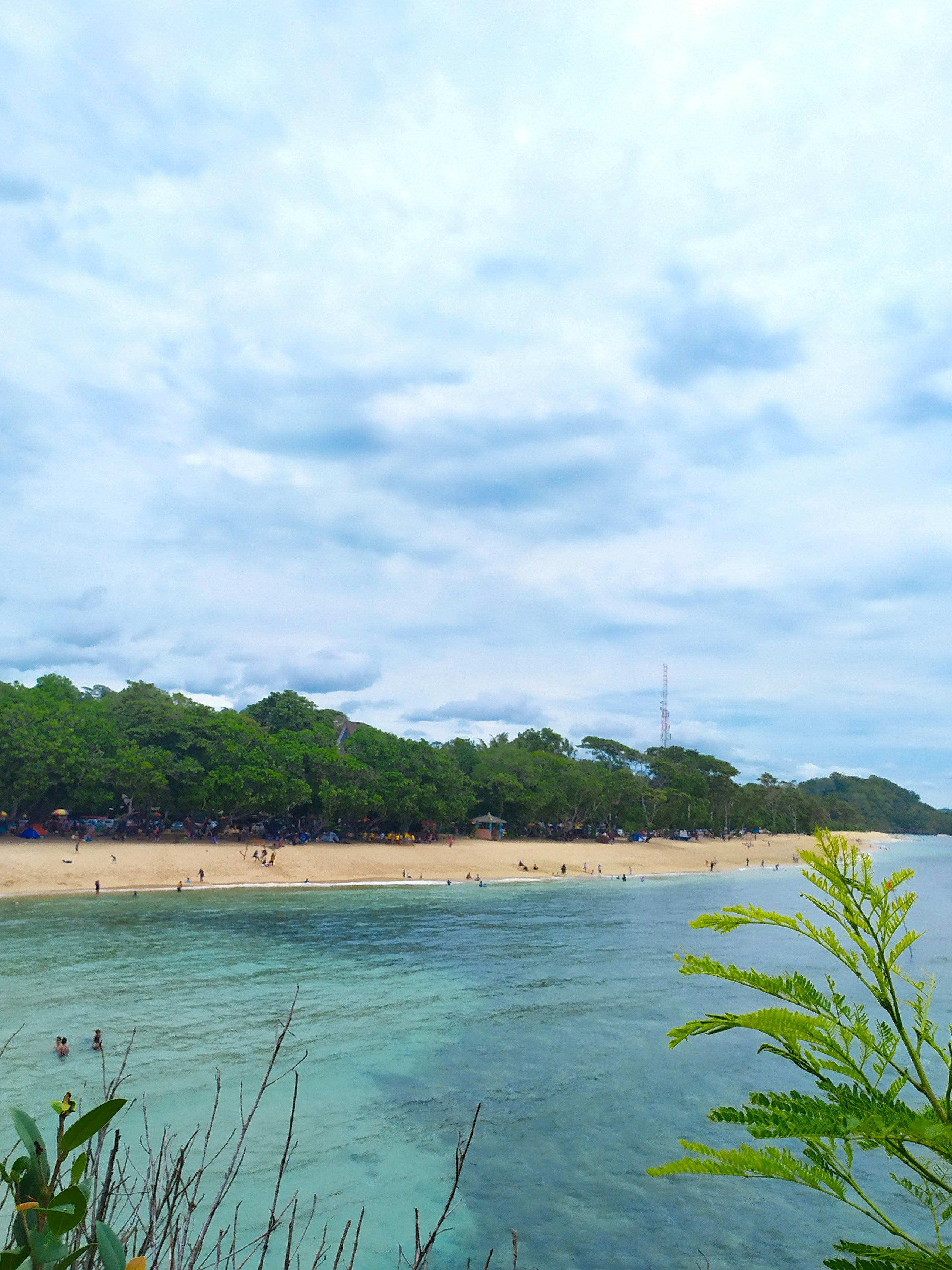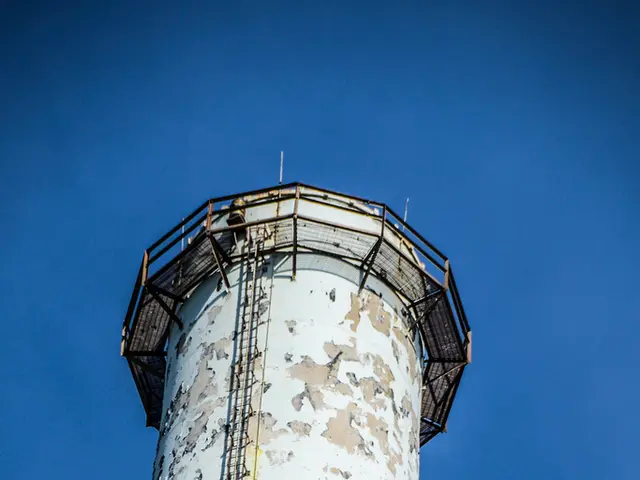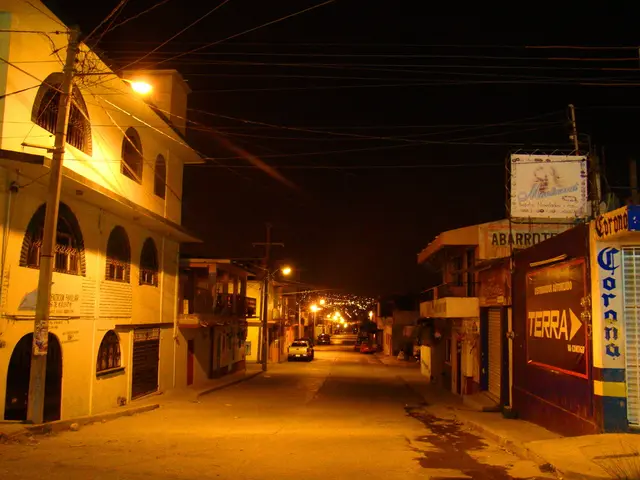International United Nations Remains Divided, Continues Arms Embargo on South Sudan Due to Rising Fears of Resurgent Civil War
United Nations Security Council Extends Arms Embargo on Tense South Sudan
In a close vote, the United Nations Security Council has decided to prolong an arms embargo on South Sudan, expressing concern over the potential for a new civil war in the region. The decision, supported by a mere nine votes, follows warnings from the United Nations that South Sudan's political tensions could once again lead to widespread violence.
The resolution, backed by the United States, also extends other sanctions, including travel bans and asset freezes, for a year, until May 31, 2026. Six members of the Security Council – Russia, China, Algeria, Sierra Leone, Somalia, and Pakistan – abstained from voting.
At the heart of the escalating tension lies the power struggle between President Salva Kiir, who hails from the majority Dinka ethnic group, and Vice President Riek Machar, a member of the second-largest ethnic group, the Nuer. Their forces clashed in 2013, sparking a protracted civil war that left hundreds of thousands dead. Despite a peace agreement in 2018, which brought Machar into the government, the situation remains fragile, and implementation has been slow.
Recent clashes between Kiir and Machar's factions and Machar's arrest last month have raised fears of a resurgence of violence. The United Nations envoy to South Sudan, Nicholas Haysom, has expressed concerns over the escalating rivalry between the two leaders, warning that the situation is eerily reminiscent of the 2013 and 2016 conflicts. He also highlighted the dangerous impact of misinformation, disinformation, and hate speech on social media, which he believes are fueling political and ethnic tensions.
The U.S. responded to the vote, with Minister Counselor John Kelley thanking the council for maintaining the embargo, arguing that it is essential to prevent the unfettered flow of weapons into a region already awash with guns. He called on South Sudan's leaders to prioritize restoring peace.
Russia, however, has lobbied for the easing of sanctions, stating that they hinder the implementation of the 2018 peace agreement and complicate the deployment and proper equipping of the national armed forces. South Sudan's ambassador to the United Nations, Cecilia Adeng, expressed deep disappointment over the extension of the embargo, arguing that it hampered national security, sovereignty, economic opportunity, and development in the country.
The vote marks a continuing international effort to maintain peace in South Sudan, a nation that became independent from Sudan in 2011 and has struggled to achieve stability ever since. The extended embargo serves to demonstrate the international community's commitment to protect civilians from further violence and advocate for a peaceful resolution to the ongoing political tensions.
- The extended arms embargo on South Sudan, imposed by the United Nations Security Council, suggests a general news focus on worsening political tensions and potential war-and-conflicts in the region.
- The media may also report on the law-related aspect, as the extension of sanctions such as travel bans and asset freezes touches upon international law and diplomacy.
- Given the tension between President Salva Kiir and Vice President Riek Machar, the news could potentially involve political aspects, as their ongoing power struggle is a significant factor in the region's instability.
- In Toronto and other international cities, the general-news channels and media outlets may cover the United Nations' decision, revealing the involvement of influential countries like the United States and Russia in the international effort to maintain peace in South Sudan.








